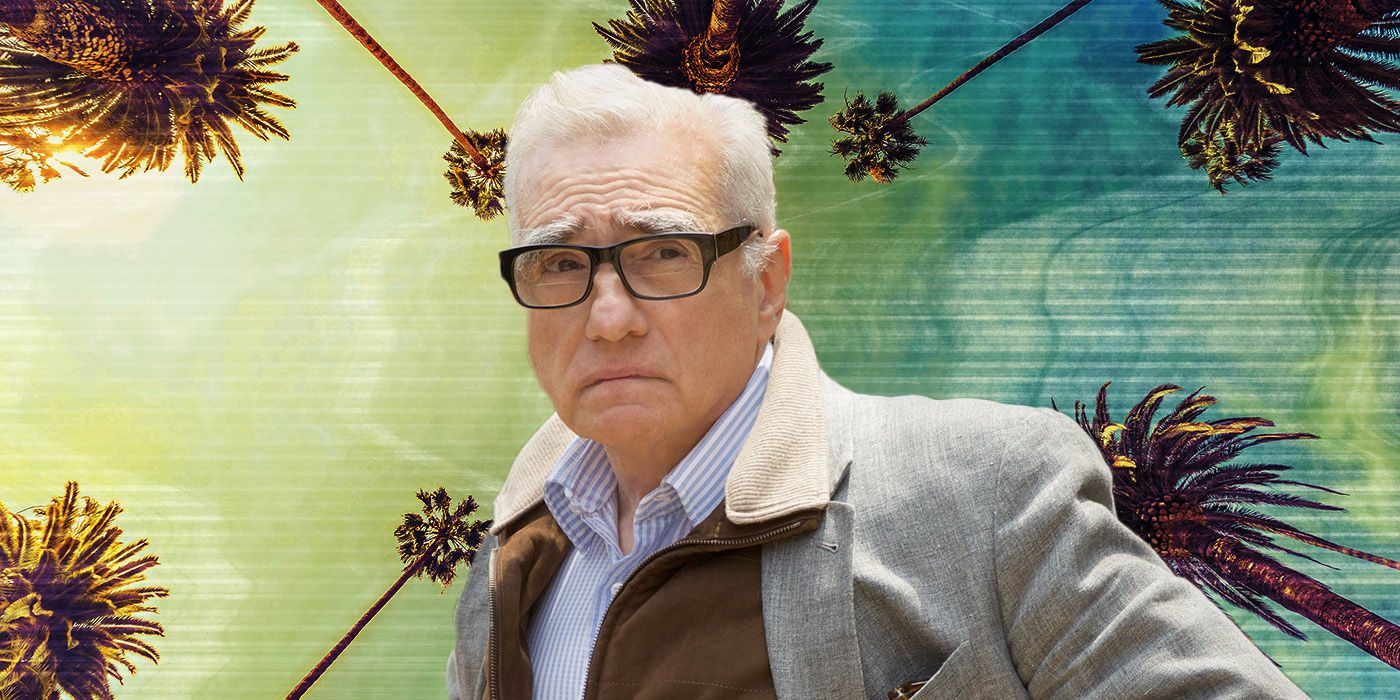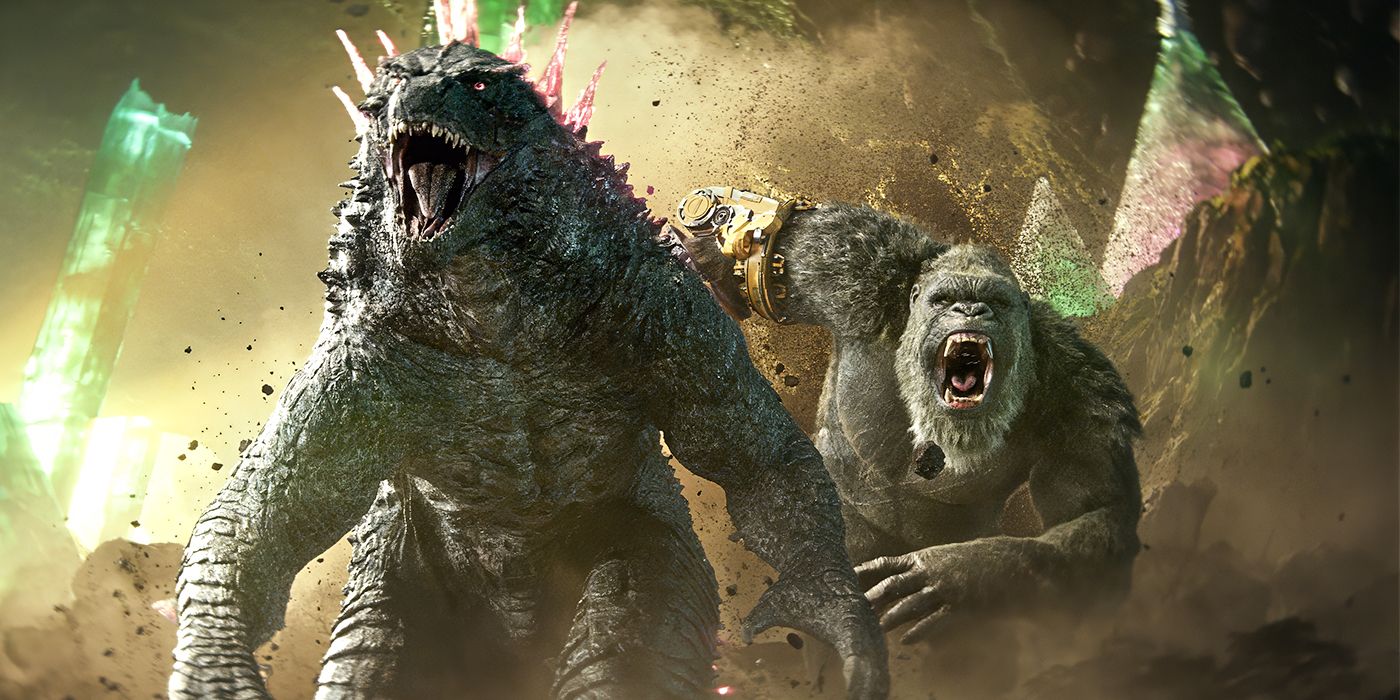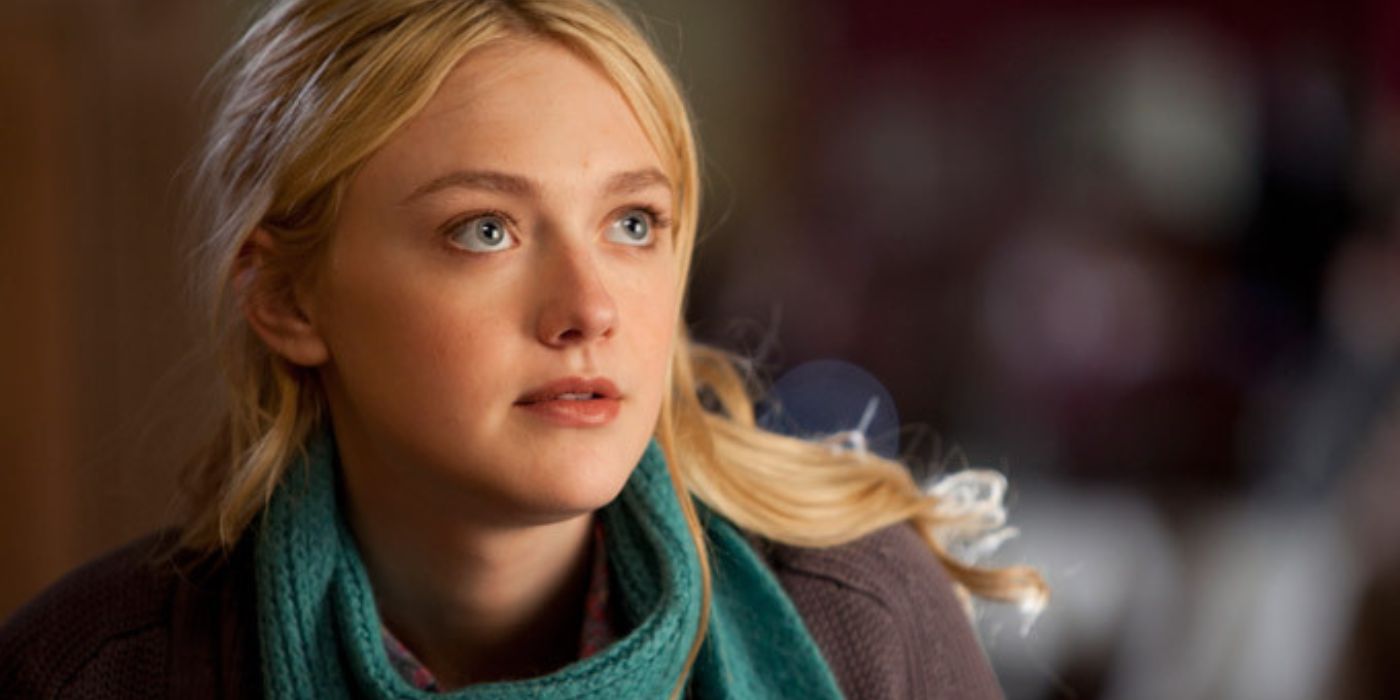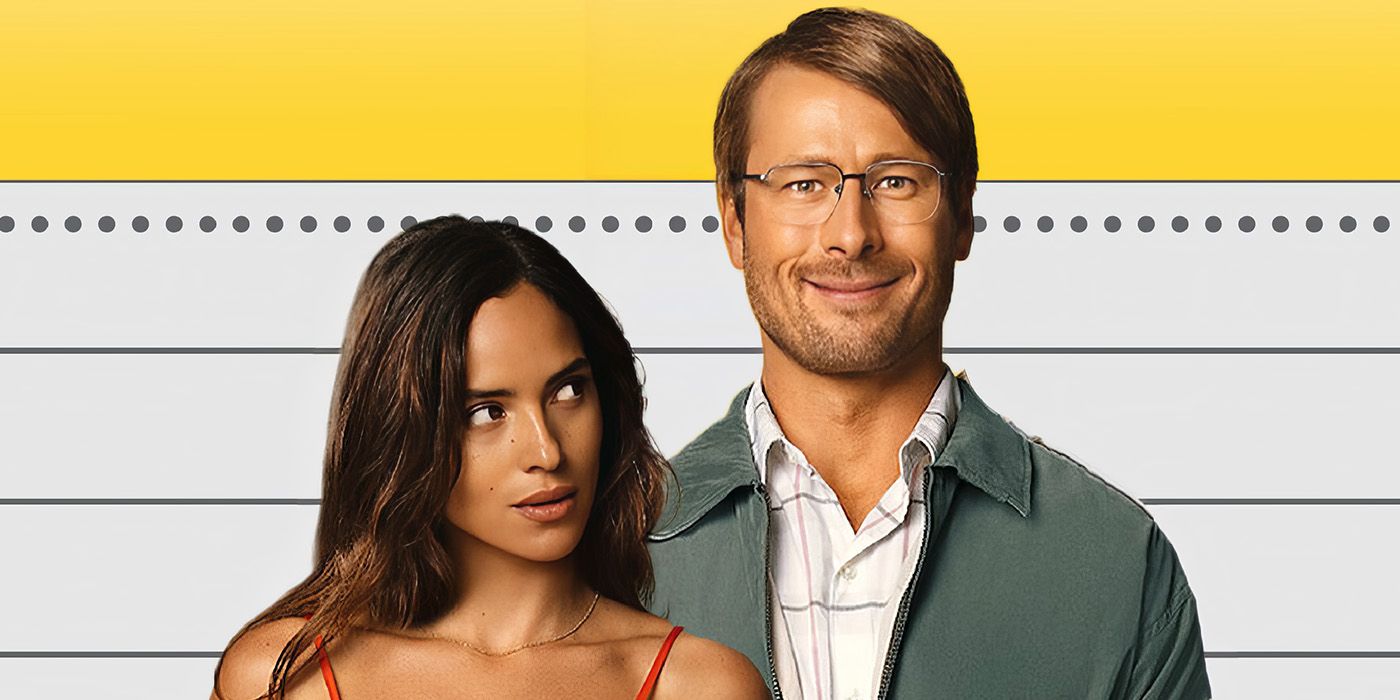The Big Picture
- In the 1980s, Scorsese faced setbacks but managed a professional reset with indie film
After Hours
. - Scorsese turned down directing
Beverly Hills Cop
because he felt it was too similar to
Coogan’s Bluff
. - Scorsese’s style of filmmaking could have resulted in an entirely different
Beverly Hills Cop
.
Martin Scorsese is among many things: an accomplished filmmaker, an autonomous visionary, and a passionate cinephile. One thing he is not, at least from a contemporary perspective, is a journeyman director succumbing to the demands of the studio system. However, there was a period, following personal trauma and a drastic overhaul in the film industry, where Scorsese needed to streamline budget expectations and accept director-for-hire jobs. One proposed job that he turned down? Directing the iconic 1980s action-comedy Beverly Hills Cop.
Beverly Hills Cop
A freewheeling Detroit cop pursuing a murder investigation finds himself dealing with the very different culture of Beverly Hills.
- Release Date
- November 30, 1984
- Director
- Martin Brest
- Cast
- Eddie Murphy , Judge Reinhold , John Ashton , Lisa Eilbacher , Ronny Cox , Steven Berkoff
- Runtime
- 105 minutes
Martin Scorsese Struggled in the 1980s
Ostensibly speaking, Scorsese’s early ’80s was akin to a third act in one of his films, where his protagonists suffer from emotional anguish and paranoia. Raging Bull is an undisputed triumph of American cinema, but the preceding moments before filming contained a near-death experience. The King of Comedy is considered an unsung masterpiece by modern audiences, but upon release in 1983, it was a major critical and commercial flop. Apprehensive of the impending backlash from Christian activists, Paramount cancelled the production of Scorsese’s dream project, The Last Temptation of Christ. Regardless of the state of the industry, which was preferential to high-concept blockbusters that could be packaged with merchandise and music videos, Scorsese needed a professional reset.
The beauty of After Hours, Scorsese’s 1985 independent Kafkaesque black comedy, lies in the sensation that you’re watching a master operate with seemingly nothing to lose. Scorsese may be overqualified to direct a story about an overworked word processor, Paul Hackett (Griffin Dunne), who experiences the worst night imaginable while on a date with an enigmatic woman from SoHo, but this small-budget setting was ideal for the director. The grounded aesthetic of filming on the streets of Manhattan matched with an impeccable sense of formalism, was destined to reinvigorate Scorsese and recall his Mean Streets days.
Why Did Martin Scorsese Turn Down ‘Beverly Hills Cops’?
Despite the disastrous professional implications of the move to pull financing from Scorsese’s contemplative story of Jesus, ties between him and Paramount heads Jeffrey Katzenberg and Michael Eisner were amicable. As the director states in Scorsese on Scorsese, “I had a good relationship with Katzenberg and Eisner at Paramount, and they offered me some scripts straight away.” One of the offers on the docket was Beverly Hills Cop, the eventual Eddie Murphy-led blockbuster that was initially a star vehicle for Sylvester Stallone. Katzenberg and Eisner described the film as a “fish out of water.”
Now a widely used and understood formula for movies, particularly comedies, Scorsese was oblivious to this packaged concept, but he felt something was familiar about the story, as the executives described, of a “cop from somewhere else comes to New York.” In perfect Scorsese fashion, as a walking encyclopedia of film knowledge and expertise, he replied, “That’s the Don Siegel picture Coogan’s Bluff.” The film, starring Siegel regular Clint Eastwood, precedes Beverly Hills Cop when it comes to stories about a transplant police officer who manages to be one step ahead of his superiors and the bad guys.
Katzenberg and Eisner insisted that this was indeed an original concept, but Scorsese wasn’t interested. The director also added in Scorsese on Scorsese that “we had the same conversation over Witness, but I said I couldn’t do it–I don’t know anything about Amish people and I just couldn’t see myself out in Pennsylvania among them.” Witness, the Peter Weir drama that earned Harrison Ford his lone Oscar nomination, also follows the cop fish-out-of-water structure with a dramatic weight. Even under circumstances where he is in dire need of a career rebuild, Scorsese still demands that the text connect with him at a personal level. His films and himself as a human being are inseparable. Scorsese’s admiration for films of the past informed his decision to pass on Beverly Hills Cop, as, in his mind, Don Siegel had already executed the fish-out-of-water formula.
What Could Martin Scorsese Have Brought to the Blockbuster?
As well documented in the Martin Scorsese canon, he was ultimately forced to act as a director-for-hire in 1986 when he directed The Color of Money, the sequel to the Paul Newman-led pool hall drama, The Hustler. Co-starring Newman, who reprised his role as Fast Eddie Felson, was Tom Cruise, who was on the cusp of superstardom. Among contemporary film criticism, specifically advocates of Scorsese, there was a collective decry against his decision to direct a film perceived as low taste and sophistication. Avid Scorsese fan and scholar of his work, Roger Ebert, implies that his heart was not poured onto the screen, writing, “his heart, I believe, inclines toward creating new and completely personal stories about characters who have come to life in his imagination, not in finishing someone else’s story, begun 25 years ago.” If The Color of Money were released today, its rich character complexities, reflections on aging, and feverish style of the billiards sequences would be widely celebrated as an achievement of the medium at large.
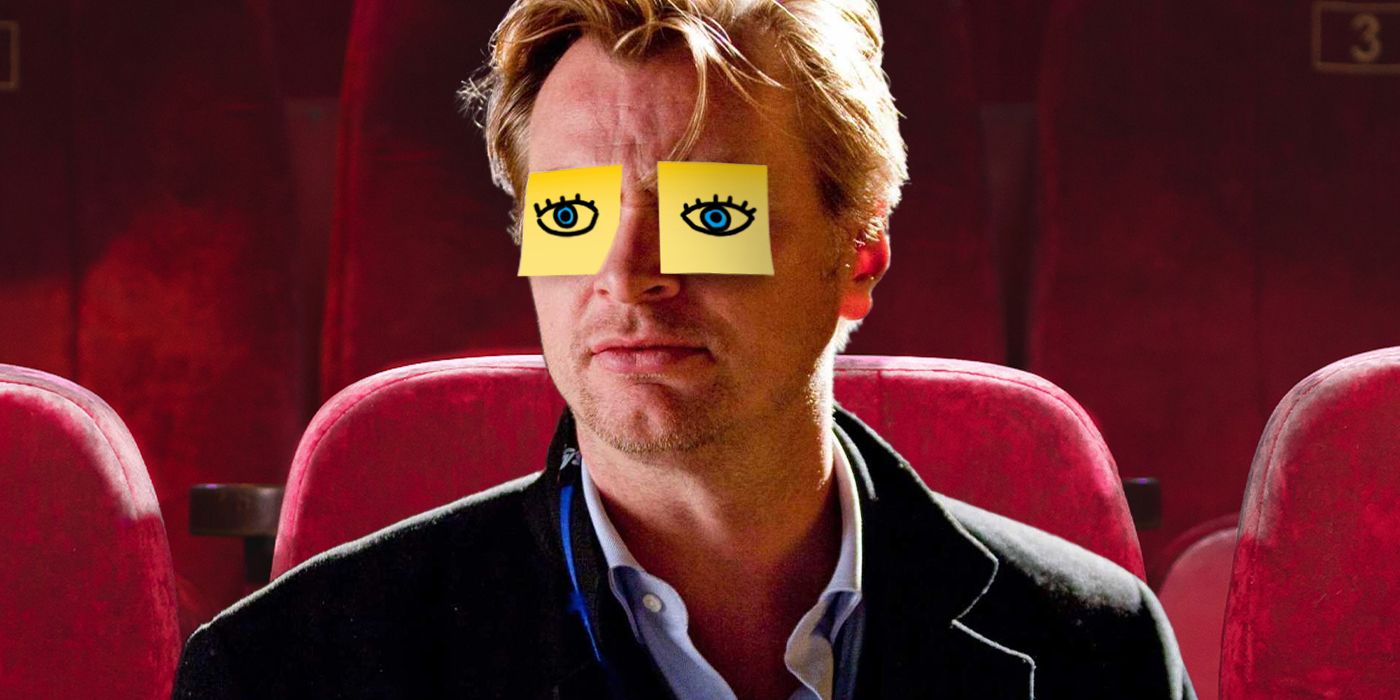
This Is the One Martin Scorsese Movie Christopher Nolan Refuses To Watch
The ‘Oppenheimer’ filmmaker had a very specific reason for not watching this classic.
There was no reason for a star-driven sequel to The Hustler to contain such virtuosic filmmaking and poignant observations on life, but Martin Scorsese can’t help himself. The film that won Paul Newman his only Academy Award suggests that, despite it looking like a drastic outlier on the surface, Beverly Hills Cop could have thrived under Scorsese’s direction. The production of Cop was a tumultuous saga beyond Scorsese’s brief connection with the film. Thanks to a newly revised script by Daniel Petrie Jr., the film, spearheaded by eccentric producer Don Simpson, now included a sharp sense of humor to complement the action. However, once Sylvester Stallone signed on as the lead of Axel Foley, he demanded rewrites, which saw all the humor being removed. Once Martin Brest took control as director with Eddie Murphy as his star, the script was proverbially held together by duct tape, but Murphy saved the final product as a result of his quick wit and natural improvisational skills. 40 years later, after earning $316 million worldwide at the box office, Beverly Hills Cop remains a cultural symbol of the 1980s.
Because Scorsese recalled Coogan’s Bluff, Beverly Hills Cop was presumably in its dramatic state at this point when he was offered the chance to direct. While the Don Simpson-Jerry Bruckheimer high concept model counters Scorsese’s distinct vision, this artistic contrast, at the very least, would create a fascinating document. Scorsese’s finest achievements, including Taxi Driver and Casino, are about outsiders conflicting with their respective environments. One reason why Martin Scorsese’s movies are so rewatchable is due to his pronounced sense of humor. After Hours, which arrived a year after Cop dominated at the box office, is a rollicking black comedy that, even at its most uncomfortable and cringe-inducing, is accessibly funny. Martin Brest’s Beverly Hills Cop seamlessly balances action and comedy, and never compromises either element. Scorsese has been performing this act of homogenized storytelling for 50 years. If Scorsese directed Beverly Hills Cop, it would have been weird, but it was the 1980s, so it would have been believable in the end.
Beverly Hills Cop is available to watch on Netflix in the U.S.
Watch on Netflix

